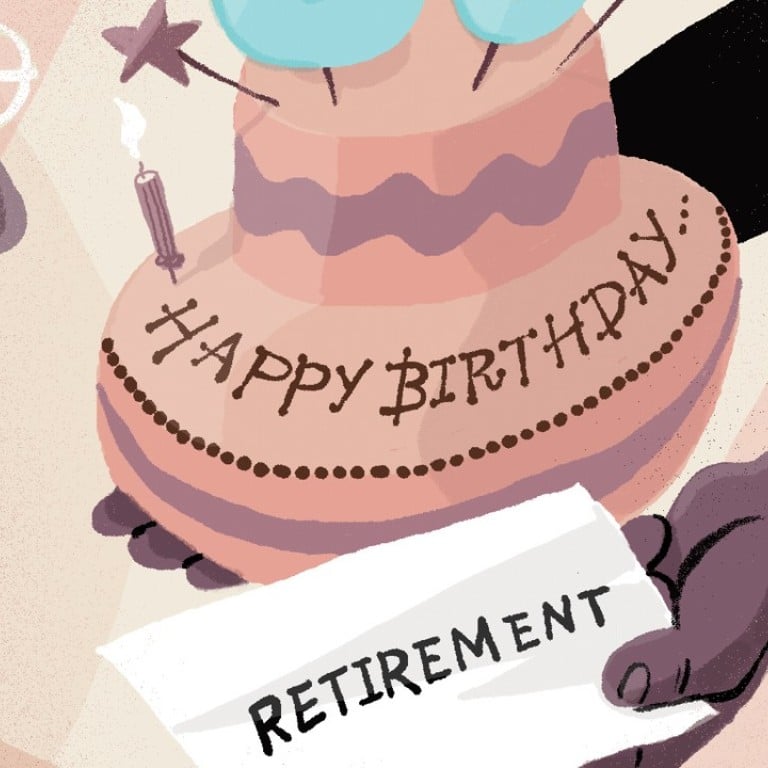
Retired at 60: why some of Hong Kong’s most renowned scholars find they are no longer wanted at university
City aims to be regional education hub but is losing academic talent to countries such as Australia and the US which have no compulsory retirement age
Professor Jim Chi-yung, former chair professor of geography at the University of Hong Kong (HKU), counts himself among the lucky ones in academia because he was allowed to continue working after turning 60.
The prominent urban ecology and tree management expert set a record two years ago for having the biggest class at HKU when 1,018 students signed up for his Nature Conservation for Sustainable Societies course.
Jim, nicknamed “Tree Daddy”, bade a reluctant farewell to HKU in June this year, after turning 65 and spending 37 years there. He had hoped to carry on for another three years, but his application was rejected.
HKU is among four publicly funded universities that have retained 60 as the retirement age. The others are Polytechnic University, Baptist University and Education University, and all have the discretion to extend an academic’s service depending on merit and staffing needs.
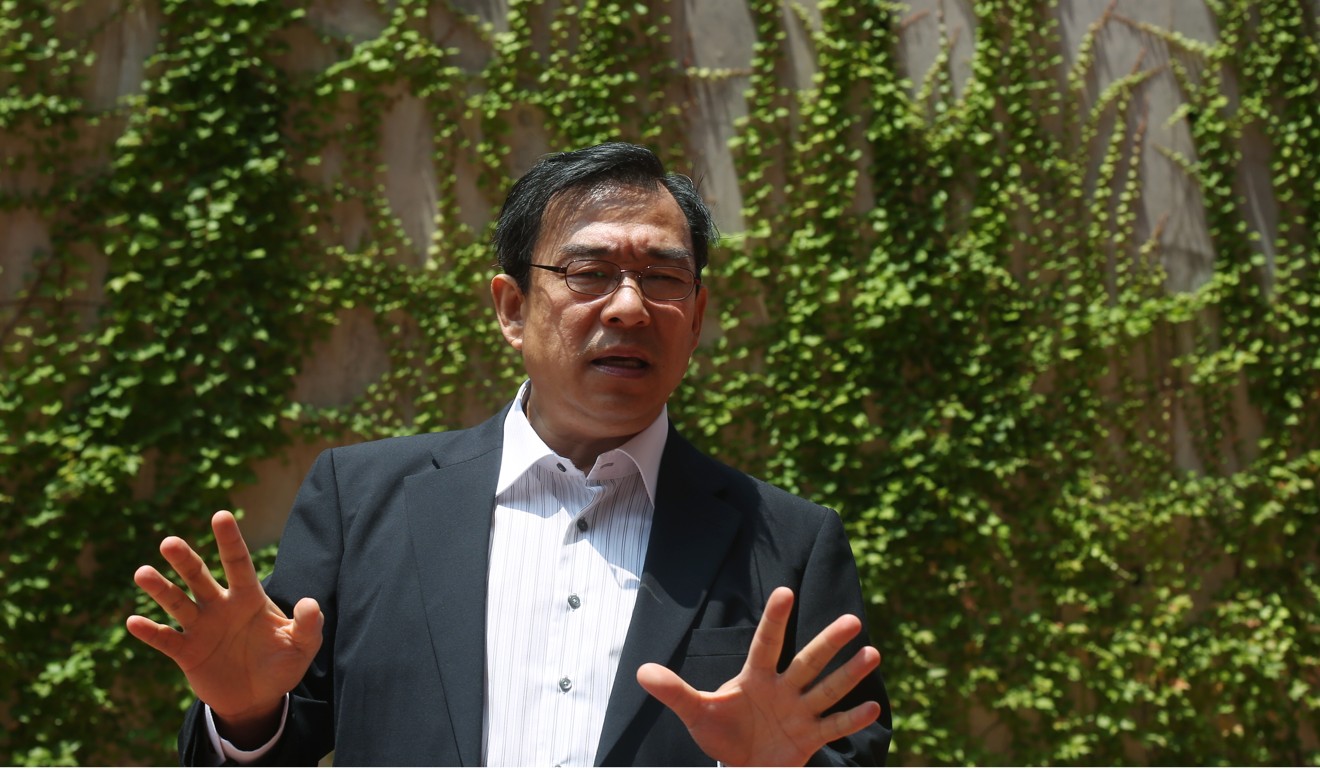
Their policy runs counter to the government’s decision in 2015 to raise the retirement age for civil servants to 65 and has been slammed for hurting efforts to recruit and retain talent at a time when Hong Kong is aiming to be a regional education hub.
The 107-year-old HKU has come under greatest attack after losing a number of renowned scholars in recent years. Critics say Hong Kong’s most prestigious university ought to lead the way with an enlightened retirement policy with people living longer and capable of working longer too.
Where are the women? 4 in 5 senior academics in Hong Kong are male
Jim, now research chair professor of geography and environmental science at Education University, told the Post he was grateful HKU treated him well throughout his career, but said academics were unhappy with the inconsistency in the way extensions past 60 were granted.
“Some academics with outstanding performance are renewed for only one year, while others who are less impressive are granted an extra two years or three,” he said. “That could be fairly arbitrary.”
Critics say Hong Kong is losing academic talent to countries such as Australia and the United States which have no compulsory retirement age, and the trend in other ageing societies is also towards allowing people to work longer.
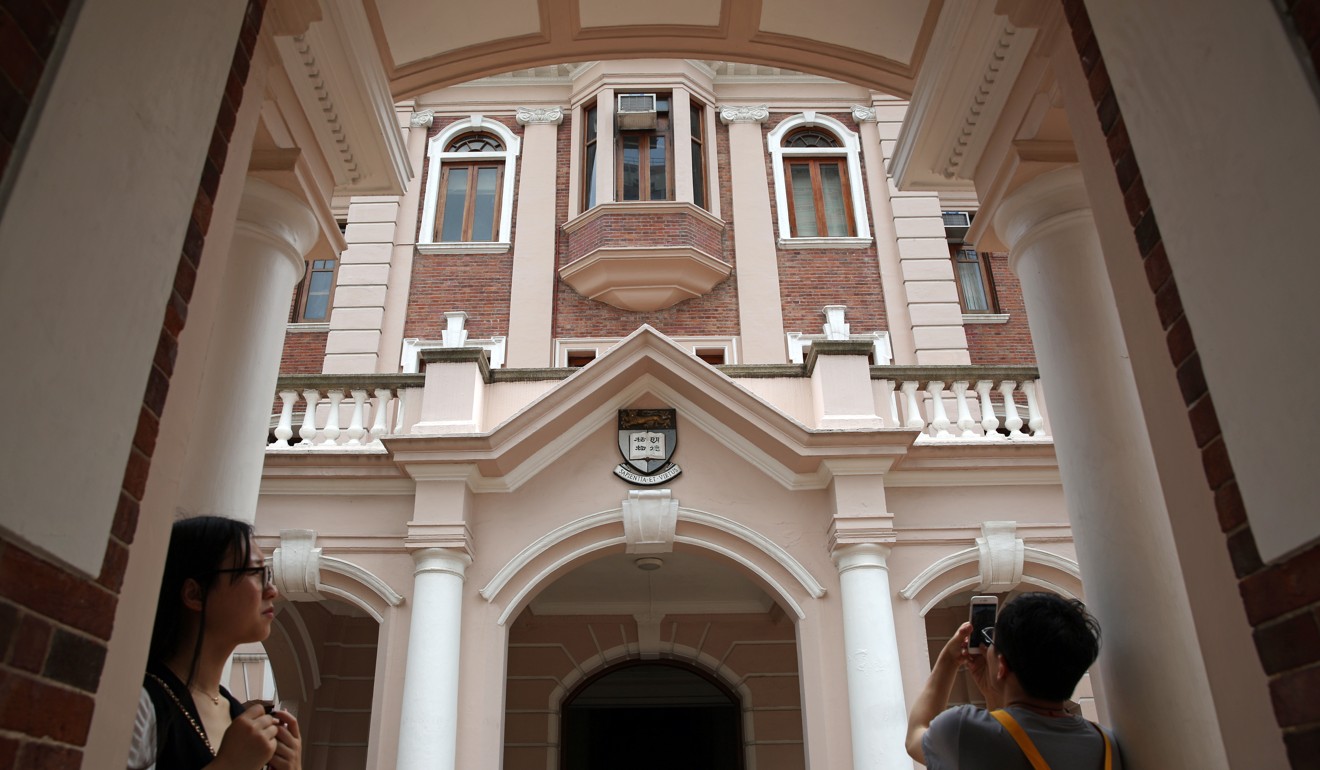
The retirement age at the University of Science and Technology, City University and Lingnan University is 65, while Chinese University decided recently that staff joining after 2016 could retire at 65 instead of 60.
All but one of the public universities turned down the Post’s request for the number of academics who had retired over the past five years. CityU said “around 70” had left at the age of 65 or above.
Who gets an extension?
In 2016, HKU changed its policy and began giving those turning 60 a new contract and a non-tenured position, instead of simply extending their existing contracts. For some that meant switching to non-tenured positions as lecturers and taking a pay cut. Similar accounts emerged at other universities.
Depending on individual performance, HKU may offer a longer contract of five years, or the more common extensions of one or two years.
HKU chief: ‘Campus should not be a platform for political advocacy’
Aside from the retirement age, there is dissatisfaction with the way extensions beyond 60 are decided too and some have accused university administrators of using the policy to get rid of “troublesome” staff.
It surprised many when well-known and outspoken HKU professors Johannes Chan Man-mun and Petula Ho Sik-ying were given only two-year extensions. Chan had been the longest serving law dean and Hong Kong’s first and only honorary senior counsel, while Ho is a leading expert on sexual and gender studies.
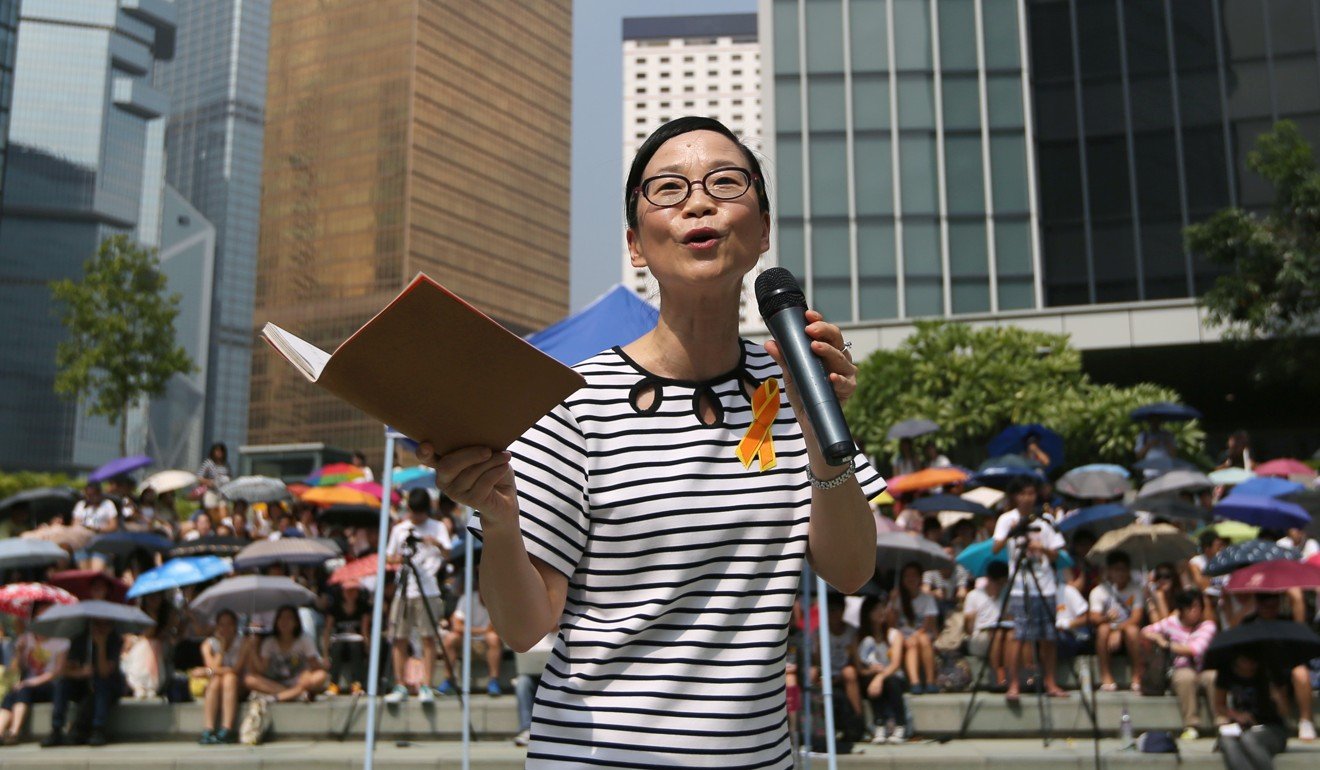
She believes her outspokenness and active participation in civil society explain the short extension of her teaching contract.
Dr William Cheung Sing-wai wanted to continue as an associate professor in HKU’s electrical and electronic engineering department when he turned 60 last year, but his application to carry on was rejected.
Student leader cries foul over Education University’s speech antics
That was despite his being listed among the university’s top 1 per cent of scholars last year in an annual internal search.
Cheung, chairman of HKU’s Academic Staff Association (ASA), was told that others could teach his courses, but his one on advanced-level Satellite Communications has not been offered since he left last year.
He was also told the seven doctoral students under his tutelage would be reassigned to his colleagues, but in the end no one had the expertise to coach them and they had to seek help from scholars at other universities, he said.
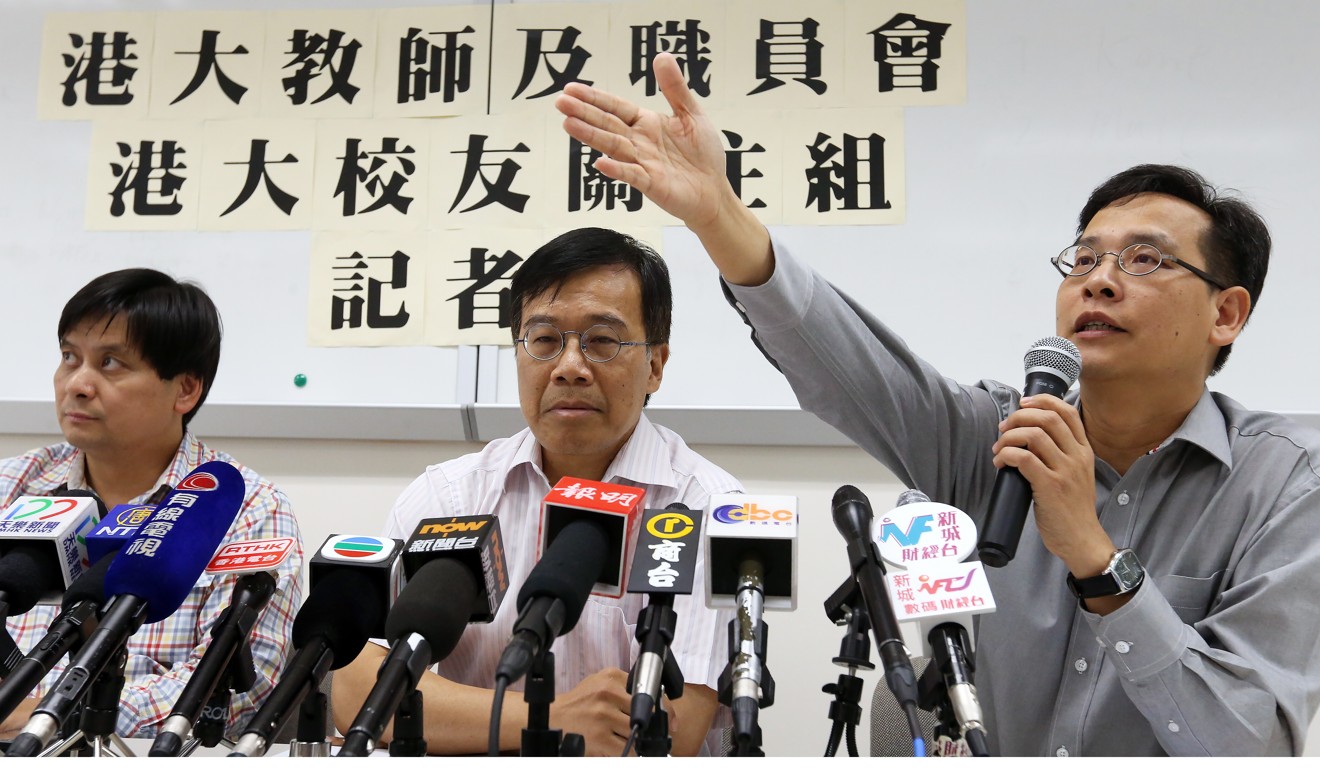
He had no choice but to retire, but remained as ASA chairman.
All applications from professors seeking to work beyond 60 go first to their department and faculty heads, who in turn make recommendations to a committee chaired by provost Paul Tam Kwong-hang or the vice-chancellor, depending on the applicant’s grade.
Jim felt the policy was bad, and said he had seen top researchers leave HKU over the years. He named Professor Brian Morton, a world-renowned marine biologist who spent almost 34 years at HKU doing pioneering research into local marine fauna and flora, and Professor Richard Corlett, an ecology expert.
Mainland-born scholar Zhang Xiang takes office as HKU chief
Although it is many years since they left, Jim said: “It was silly for the school not to retain them.”
Morton, now 75 and retired, still has painful memories of turning 60 at HKU in 2003.
“I inquired about the possibility of an extension,” he told the Post. “I quickly discovered, however, that the process was both complex and lengthy and, again, both insulting and humiliating.
“After serving HKU for over 33 years as the pioneering teacher of marine biology … and participating in discussions and decisions of numerous government committees, I concluded, as a matter of personal pride, that I did not wish to be a part of any such degrading extension of service process.”
He returned to Britain where he kept up his research and interest in marine conservation.
Corlett left HKU in 2008 and went first to the National University of Singapore before joining the Xishuangbanna Tropical Botanical Garden under the Chinese Academy of Sciences in Yunnan, where he remains as director of the Centre for Integrative Conservation.
Those who remain are not necessarily good, but docile teachers. The good ones might not be allowed to stay
Looking back, he said he was not considering leaving HKU before its retirement age policy forced him to go. He said the “outdated and bad” policy made HKU “increasingly an outlier among international universities or in China”.
“I probably would have stayed, but I am now glad I didn’t,” said Corlett, who is 67 and has three more years on his Yunnan contract.
Cheung said he was the second ASA chairman in a row to fail to get an extension to work beyond 60, and that added to a perception university administrators used the retirement age policy to let go of “troublesome” staff. He continued as ASA chief because “no one would like to take up such a thorny role”.
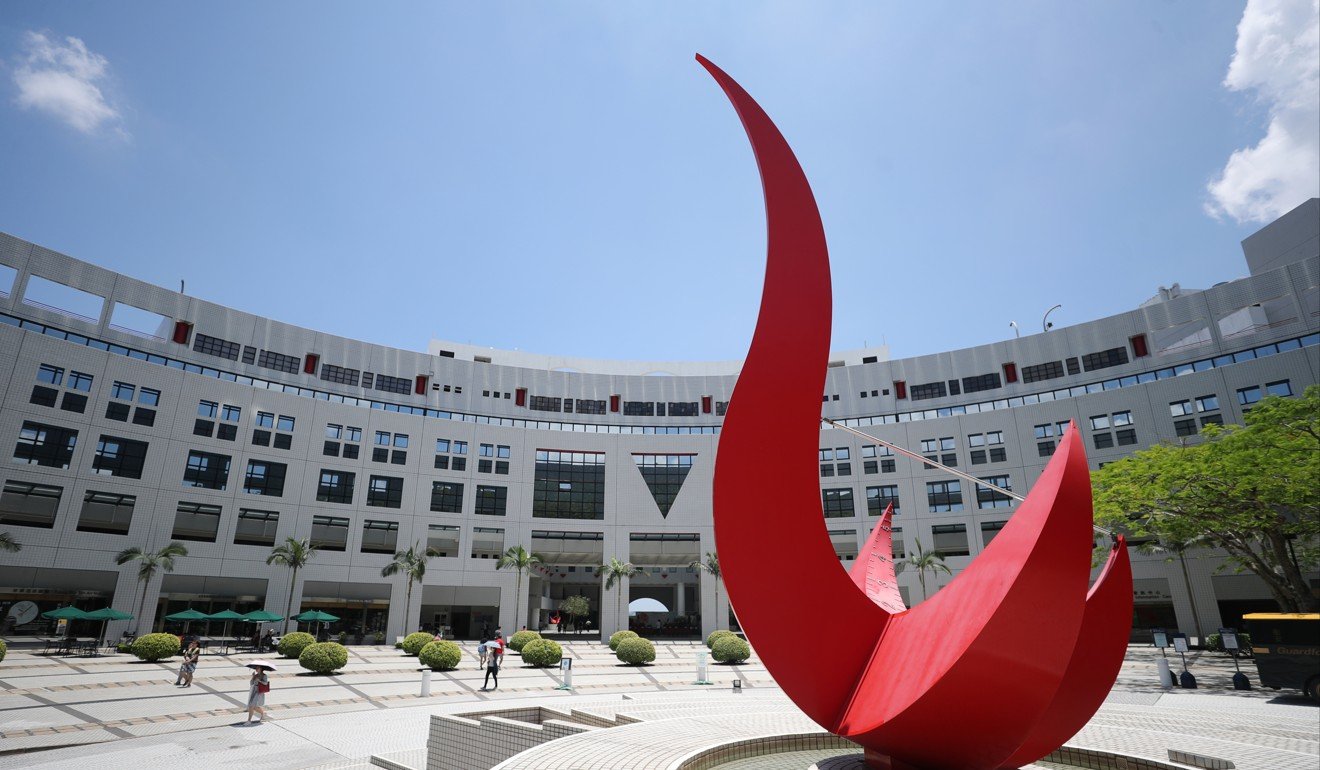
The association made repeated calls over the years to raise the retirement age to 65, but failed every time, even after a 2013 staff survey showed an overwhelming proportion of academics were in favour of it.
Retired Baptist University journalism academic To Yiu-ming, who worked at the faculty and staff union for more than 13 years, said that as far as he knew, no union official had managed to secure an extension beyond 60.
“The senior management enjoys absolute power,” he said. “In exchange for teaching beyond 60, staff would need to know how to ‘cooperate’ with the school before reaching that age. Apparently it has helped to silence the staff and discourage them from criticising school policies or participating in union work.”
Cheung said: “Those who remain are not necessarily good, but docile teachers. The good ones might not be allowed to stay.”
Others say the retirement policy affects women more than men.
Professor Gina Marchetti, chair of the HKU arts faculty’s Committee on Gender Equality and Diversity, said there was an unspoken rule that only full professors were likely to get their contracts extended, and the only exceptions to the rule had been men in the faculty.
Women, she said, were disadvantaged in the race to become full professors as some might need time off for their families.
As of last year, women accounted for less than 30 per cent of associate professors and less than 20 per cent of full professors at HKU.
Marchetti urged the university to scrap the “demoralising” retirement policy which she said was a potential threat to academic freedom.
She said tenure was meant to enable academics to conduct research freely. “But when you limit tenure by age, there is basically no tenure,” she lamented.
HKU standing firm on retirement
Despite criticism and repeated calls for change, HKU appears unlikely to raise its retirement age any time soon.
In an internal email on September 13, HKU executive vice-president (administration and finance) Dr Steven Cannon announced that reappointment beyond 60 would now be applicable to all staff, but added: “Reappointment beyond retirement age is not a right. The overriding consideration behind whether or not a reappointment should be offered is whether it is in the university’s best interests to retain the appointee’s services.”
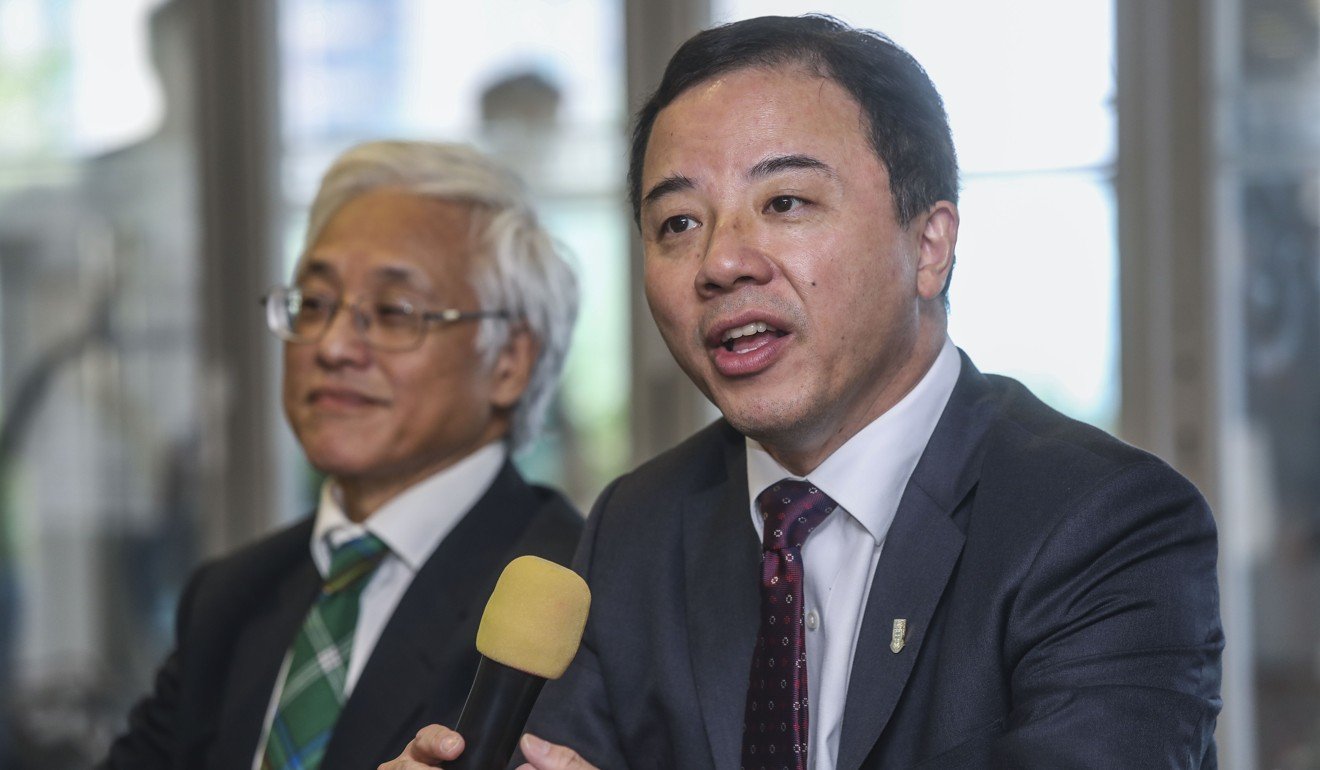
An HKU spokeswoman said the main considerations when offering reappointment after 60 were whether it would help the university “meet its strategic needs and funding priorities, and achieve high standards of continued and sustainable academic excellence”.
Provost Tam was at a forum on September 19 when students asked him about the much-criticised policy.
He said the university had to allocate limited resources carefully and needed to bring in new blood and ideas, and was committed to recruit, nurture and retain the best talent. It also had a robust system of peer assessment to gauge individual merit.
Thinking of retiring at 60? Think again – we’ll work longer, projection shows
Explaining the need for older staff to make way, Tam cited his interest in football.
“I am a keen football player. I used to play forward, but as I get older, I get further back to midfield and … right back,” he said. “I accept that with changing circumstances, one can still contribute in many different ways.”
HKU did not disclose Tam’s age, citing privacy concerns, however, public data showed that Tam graduated from the university’s medical school in 1976.
Professor Zhang Xiang, who became HKU vice-chancellor in July and was present at the forum, added only that the retirement age of 60 had been in place “for many, many years” and was “not a new thing”.
Tam did not comment on whether the policy deserved reassessment, and declined to take questions from the Post after the forum.
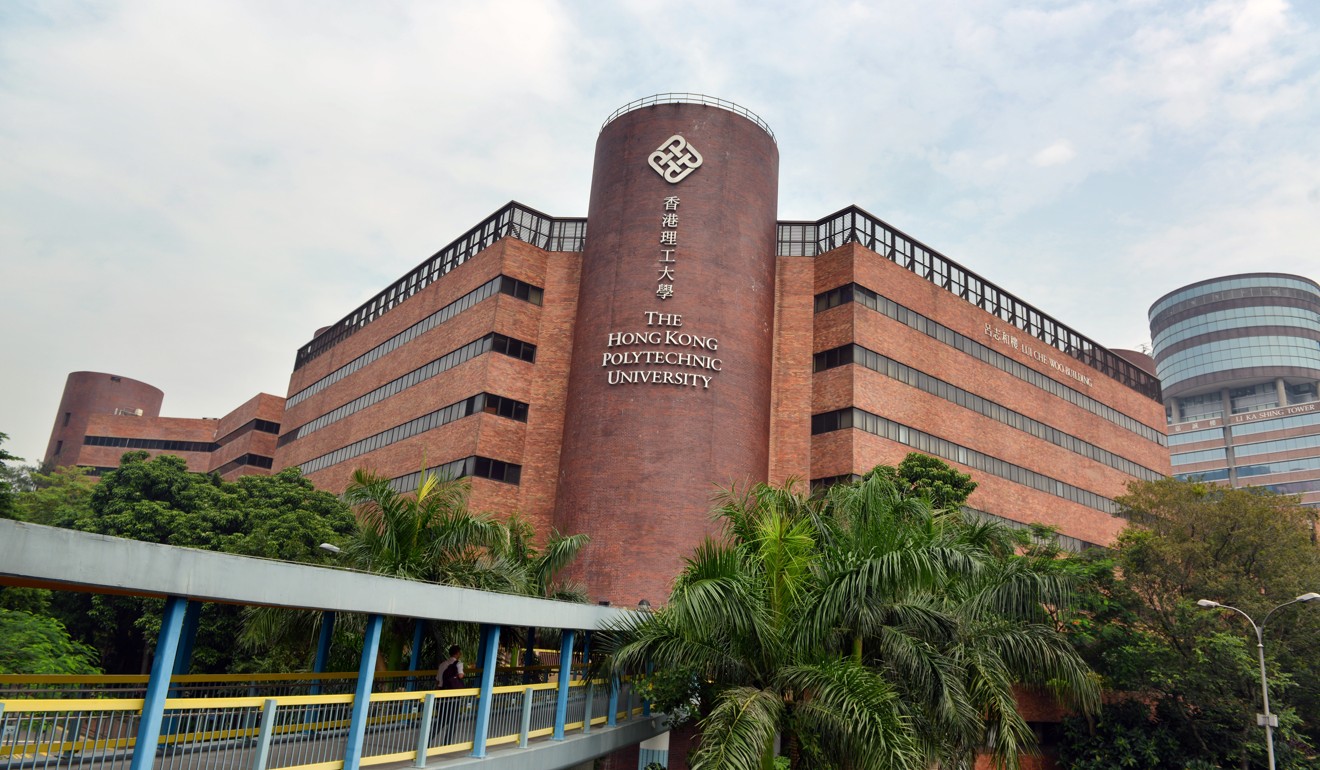
Polytechnic University told the Post its prevailing policy was “appropriate” and it had no plans to change, while Education University and Baptist University said they reviewed their policies from time to time.
Elderly Commission chairman Dr Lam Ching-choi, who sits on the Executive Council which advises Hong Kong’s leader, agreed that the four universities with the earlier retirement age were lagging behind the practice elsewhere, but said it would be difficult for the government to weigh in because of the institutional autonomy the schools enjoyed.
He said the commission had been urging different organisations and companies to extend their retirement age to 65 or at least improve their practices in rehiring staff. Lam also said it was already relatively easier for educational institutions to implement such practices.
“As life expectancy increases, we should offer people a choice on whether to continue working, as a job – which gives one purpose in life – is actually the pillar for active and healthy ageing,” Lam said.
In the meantime, some academics are not prepared to wait for change.
Professor Timothy O’Leary, a co-founder of HKU Vigilance and former head of the school of humanities, was 51 and some years from retirement when he left in July to join the University of New South Wales in Sydney.
“I don’t want to be in a position of having to basically beg for my job,” he told the Post before leaving Hong Kong.

